Raise Your Kids to Succeed
Other Books by Chris Palmer
Now What, Grad? Your Path to Success After College (Rowman & Littlefield, 2016)
Confessions of a Wildlife Filmmaker: The Challenges of Staying Honest in an Industry Where Ratings Are King (Bluefield Publishing, 2015)
Shooting in the Wild: An Insiders Account of Making Movies in the Animal Kingdom (Sierra Club Books, 2010)
All proceeds from the sale of this book will go to fund scholarships for students at American University School of Communication
Published by Rowman & Littlefield
A wholly owned subsidiary of The Rowman & Littlefield Publishing Group, Inc.
4501 Forbes Boulevard, Suite 200, Lanham, Maryland 20706
www.rowman.com
Unit A, Whitacre Mews, 2634 Stannary Street, London SE11 4AB
Copyright 2017 by Chris Palmer
All rights reserved. No part of this book may be reproduced in any form or by any electronic or mechanical means, including information storage and retrieval systems, without written permission from the publisher, except by a reviewer who may quote passages in a review.
British Library Cataloguing-in-Publication Information Available
Library of Congress Cataloging-in-Publication Data Available
ISBN: 978-1-4758-2983-9 (cloth : alk. paper)
ISBN: 978-1-4758-2984-6 (pbk. : alk. paper)
ISBN: 978-1-4758-2985-3 (electronic)
 The paper used in this publication meets the minimum requirements of American National Standard for Information SciencesPermanence of Paper for Printed Library Materials, ANSI/NISO Z39.481992.
The paper used in this publication meets the minimum requirements of American National Standard for Information SciencesPermanence of Paper for Printed Library Materials, ANSI/NISO Z39.481992.
Printed in the United States of America
Dedicated to my wonderful family: Gail, Kimberly,
Sujay, Christina, CJ, Jenny, Chase, Kareena, Neal,
Jackson, and Max. I have learned to be a better
parent from you.
And also dedicated to my loving parents, Mavis and
Sidney John Palmer.
Preface
When my wife, Gail, and I decided to start a family, I knew nothing about raising children. I was, however, aware that they could be obstreperous, demanding, and stress-inducing. As the youngest of four boys, I had experienced a rather stressful childhood myself. I feared that by becoming a parent I might be condemning myself to a life of anxiety, struggle, and regret. But more than anything, I was terrified of failing. I wanted my kids to be happy and successful.
Despite my misgivings, we forged ahead and gave birth to three daughters.
Working diligently to build my career as a wildlife filmmaker meant traveling extensively and spending a lot of time away from my family. At home, I wanted to be a capable, loving, and effective father, but the girls sometimes kept me at a distance. I recall one night when Gail and I put our daughters to bed and I tried to cuddle with each one.
Would you like to snuggle? I asked my girls, all of them under ten years of age and each of them adorable, loving, and beautiful in her own way. No, they answered, one by one, unknowingly inflicting wounds to my heart. They would only snuggle with their mom. It hurt to be left out.
Full of self-doubt and worried that I was failing as a father, I wondered whether my own father had ever felt the same way. I suddenly had a new understanding of the difficulties he might have experienced as a parent.
I wanted to be a better father and I wondered if I was devoting sufficient time to parenting. For a month, I kept a log of everything I did during the day and how long it took me. I discovered a massive discrepancy between how I spent my time and what I claimed was important to me. I would glibly tell people that my family was my top priority but, when I analyzed my schedule, I found that I devoted 90 percent of my time to my job. I was a workaholic.
I yearned to be a father who wasnt simply an awkward appendage to the nuclear group, but a pivotal and integrated member. The feelings of rejection roiling inside me prompted me to start thinking of innovative things I could do to play a more significant and meaningful role in my daughters lives.
I became a student of what makes an effective parent. I resolved to learn all I could about what it means to be a loving and capable father. I undertook a deliberate, self-imposed program of study, reading book after book on parenting.
I also took every opportunity to talk to other fathers about what they did and didnt do, and what they found worked and didnt work. And, of course, I observed other families and drew my own conclusions about which fathering behaviors produced good results and which ones didnt.
One of my first insights was that fathering was a skill I could learn (like cooking or playing golf), not something that just happened to a man when he had children. It wasnt a fixed, inborn talent, but rather something that could be taught, acquired, implemented, and constantly improved upon. Great parents are made, not born.
Inspired by my studies of parenting, and with Gails support, I introduced new traditions to help build a strong family and set up our kids to succeed.
One idea that I fell in love with was creating family ritualsconstructive things we would do as a family that our children could rely on to happen, so that they would grow up with a strong sense of rootedness, love, and trust.
When children know that there are certain things they can count on, they feel more confident that they can excel in the world rather than be defeated by it. Our children knew that they could always come home for support, encouragement, and guidance. They knew they would be safe. Whatever madness was happening in the world, our children knew their family was a secure place of trust, sanity, and love.
Unfortunately, not all of my attempts to create rituals worked out. I could never get my daughters to buy into the idea of a regular Date with Dad, during which I would spend one-on-one time with a daughter during an evening doing anything she wanted.
One successful idea I came up with was to write letters to my daughters every night when I was away traveling and making films. I invested a lot of time and effort in these letters, and wrote hundreds of them over the years. I saw that my daughters really liked them and got a lot out of them. The letters were a way I could build a meaningful connection with my children. I wrote to them about all sorts of things, such as how to give a dinner party, the importance of having a rich vocabulary, and stories about Abraham Lincoln and George Washington.
When I was away from home, my nightly letters were an attempt to get the attention of my daughters and not be out of sight, out of mind. I soon realized that the letters were a wonderful way to tell my daughters things and pass on knowledge, love, and wisdom that I might find difficult to do face-to-face. Like a lot of men, I wasnt very good at expressing my feelings. I found it easier to do in letters.
Another family ritual was to hold a weekly family meeting with a written agenda. Our family members took turns chairing and running the meetings, which usually lasted about half an hour. The agenda would contain perhaps fifteen items relating to family matters, such as upcoming vacations, organizing the trips for the next days multiple soccer games, deciding how to organize chores more fairly, going over New Years resolutions, providing encouragement and sharing rocks.
The rocks agenda item involved each family member stating the one or two most important projects she faced in the coming week, such as taking an exam, repairing a frayed relationship, or completing an unfinished task.

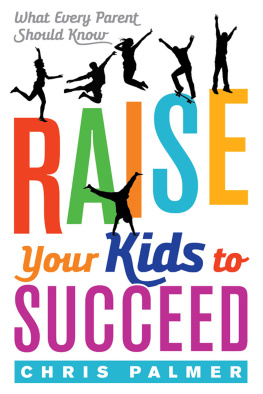


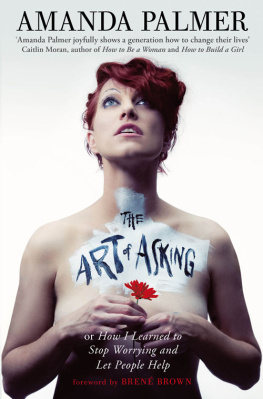
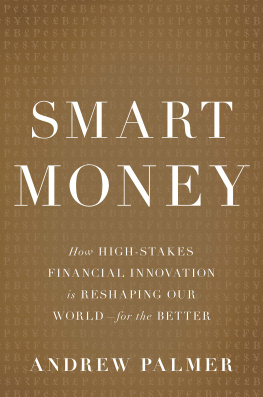
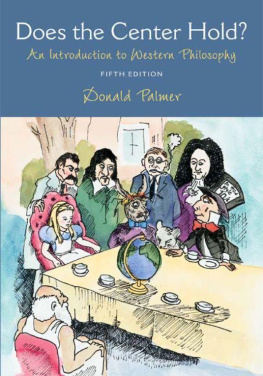

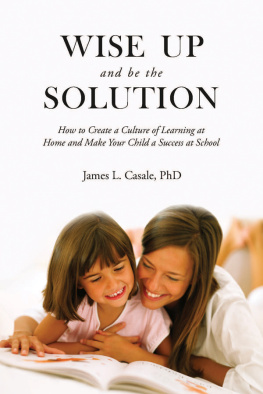
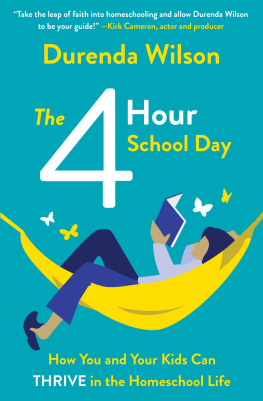
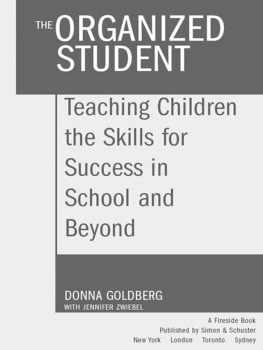
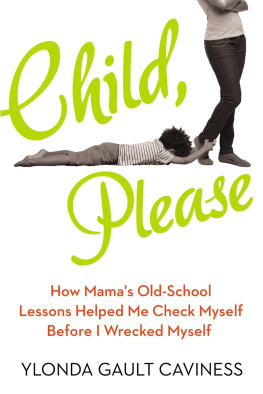
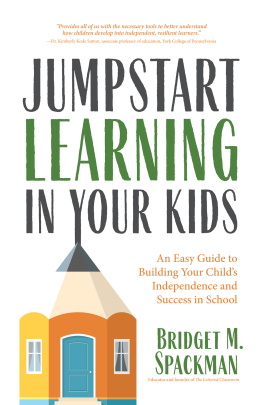
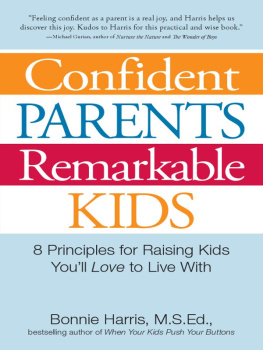

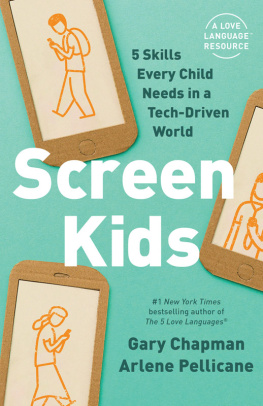
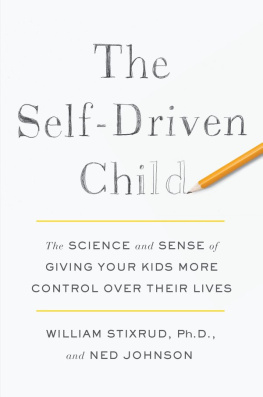
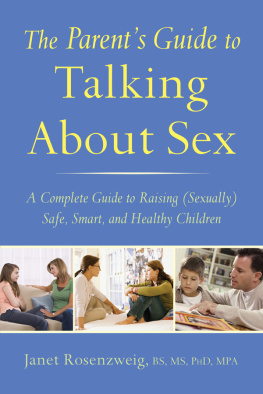


 The paper used in this publication meets the minimum requirements of American National Standard for Information SciencesPermanence of Paper for Printed Library Materials, ANSI/NISO Z39.481992.
The paper used in this publication meets the minimum requirements of American National Standard for Information SciencesPermanence of Paper for Printed Library Materials, ANSI/NISO Z39.481992.